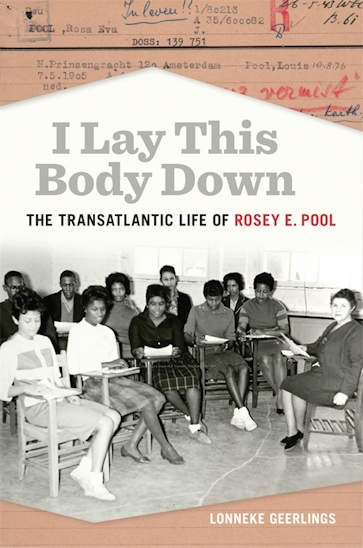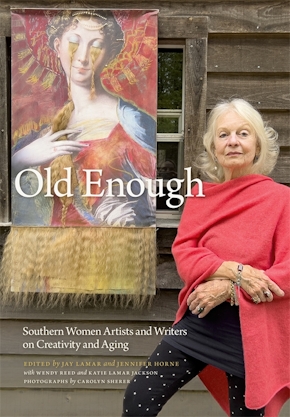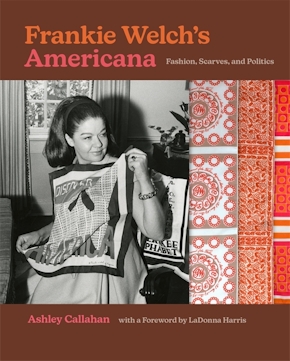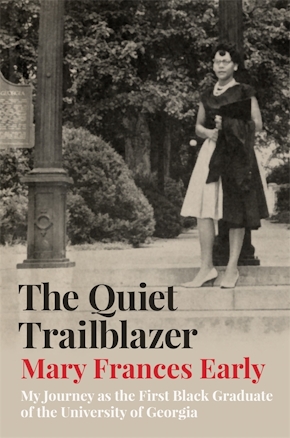I Lay This Body Down
The Transatlantic Life of Rosey E. Pool
Title Details
Pages: 256
Illustrations: 23 b&w images
Trim size: 6.000in x 9.000in
Formats
Hardcover
Pub Date: 07/15/2022
ISBN: 9-780-8203-6207-6
List Price: $36.95
eBook
Pub Date: 07/15/2022
ISBN: 9-780-8203-6206-9
List Price: $36.95
eBook
Pub Date: 07/15/2022
ISBN: 9-780-8203-6819-1
List Price: $36.95
Related Subjects
BIOGRAPHY & AUTOBIOGRAPHY / Jewish
BIOGRAPHY & AUTOBIOGRAPHY / LGBT
BIOGRAPHY & AUTOBIOGRAPHY / Social Activists
I Lay This Body Down
The Transatlantic Life of Rosey E. Pool
A far-reaching and stunning biography of one of the great unknown activists of the twentieth century
Skip to
- Description
- Reviews
Rosey E. Pool (1905–71) did not live an ordinary life. She witnessed the rise of the Nazis in Berlin firsthand, tutored Anne Frank, operated in a Jewish resistance group, escaped from a Nazi transit camp, published African American poets in Europe, operated a London “salon” with her partner, witnessed independence movements in Nigeria and Senegal, and took part in the American civil rights movement. I Lay This Body Down is the first study of Pool and her remarkable transatlantic life.
A translator, educator, and anthologist of African American poetry, Pool corresponded, after World War II, with Langston Hughes, W. E. B. Du Bois, Naomi Long Madgett, Owen Dodson, Gordon Heath, and others who fostered her involvement in the Black Arts Movement, both in Britain and the United States. Though Pool was often cast as an outsider—one poet was amazed that “one so removed” was interested in the Black cause—she saw herself as part of a transatlantic struggle against oppression. For Pool, the “yellow Jew stars” the Nazis forced her to wear “were our darker skins.”
Rosey E. Pool’s life allows Lonneke Geerlings to explore intersections of European and American history. As a Holocaust survivor and activist fighting against segregation in the Deep South, Pool connects stories that are often studied and told in isolation. Her life helps us understand the intersecting histories of Jewish Europe and Black America, but it also allows us to see how Pool dealt with tragedy, trauma, and loss. At its core, this book is about resilience and hope. Indeed, Pool’s life illuminates the power of reinvention for dealing with both challenging personal circumstances and the traumas of global history.
—James Davis, author of Eric Walrond: A Life in the Harlem Renaissance and the Transatlantic Caribbean
—Mary Nolan, author of The Transatlantic Century: Europe and America, 1890–2010
—Gloria Wekker, author of White Innocence: Paradoxes of Colonialism and Race
—Shaul Kelner, author of Tours That Bind: Diaspora, Pilgrimage, and Israeli Birthright Tourism
—Diarmuid Hester, author of Wrong: A Critical Biography of Dennis Cooper



